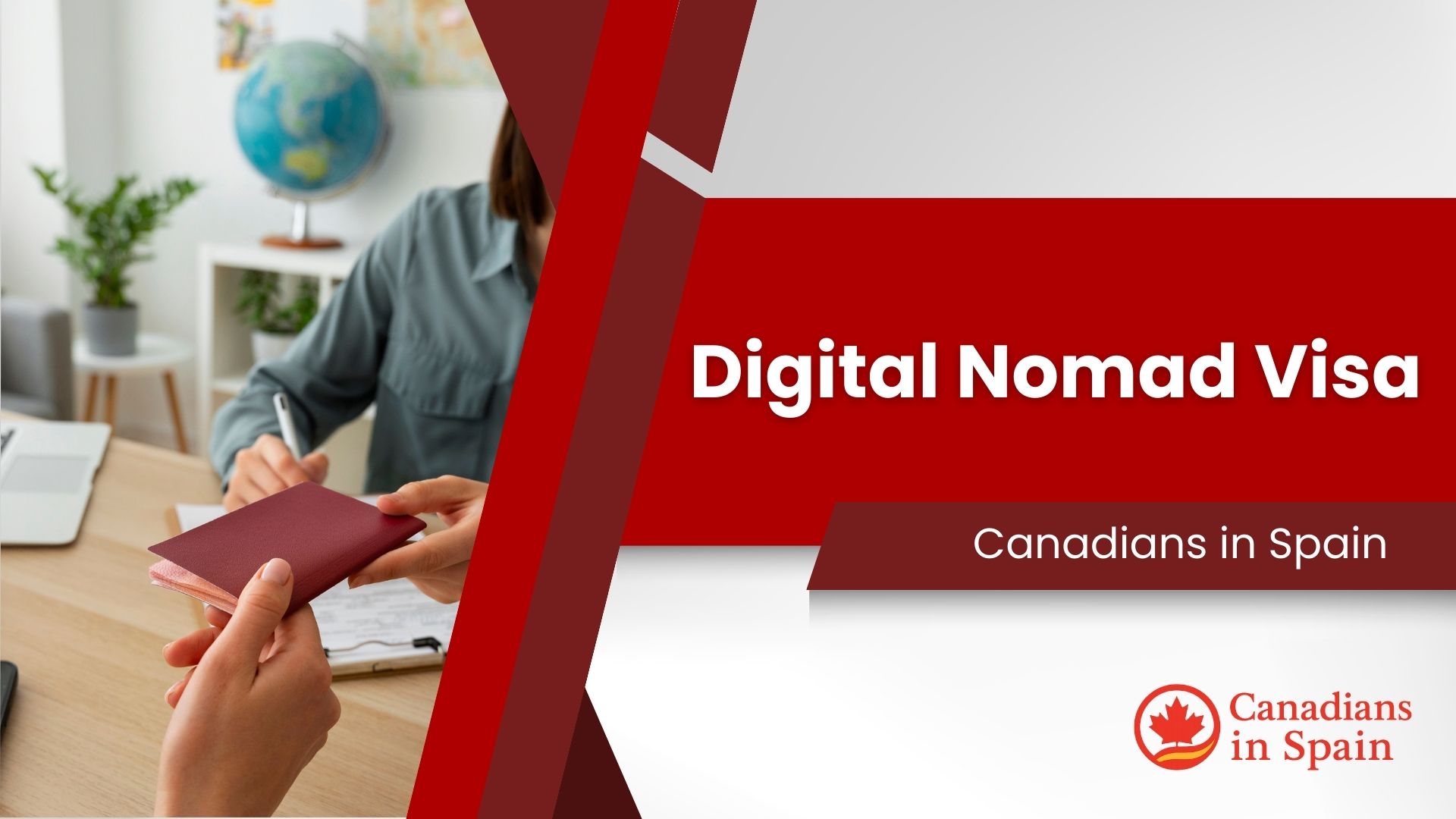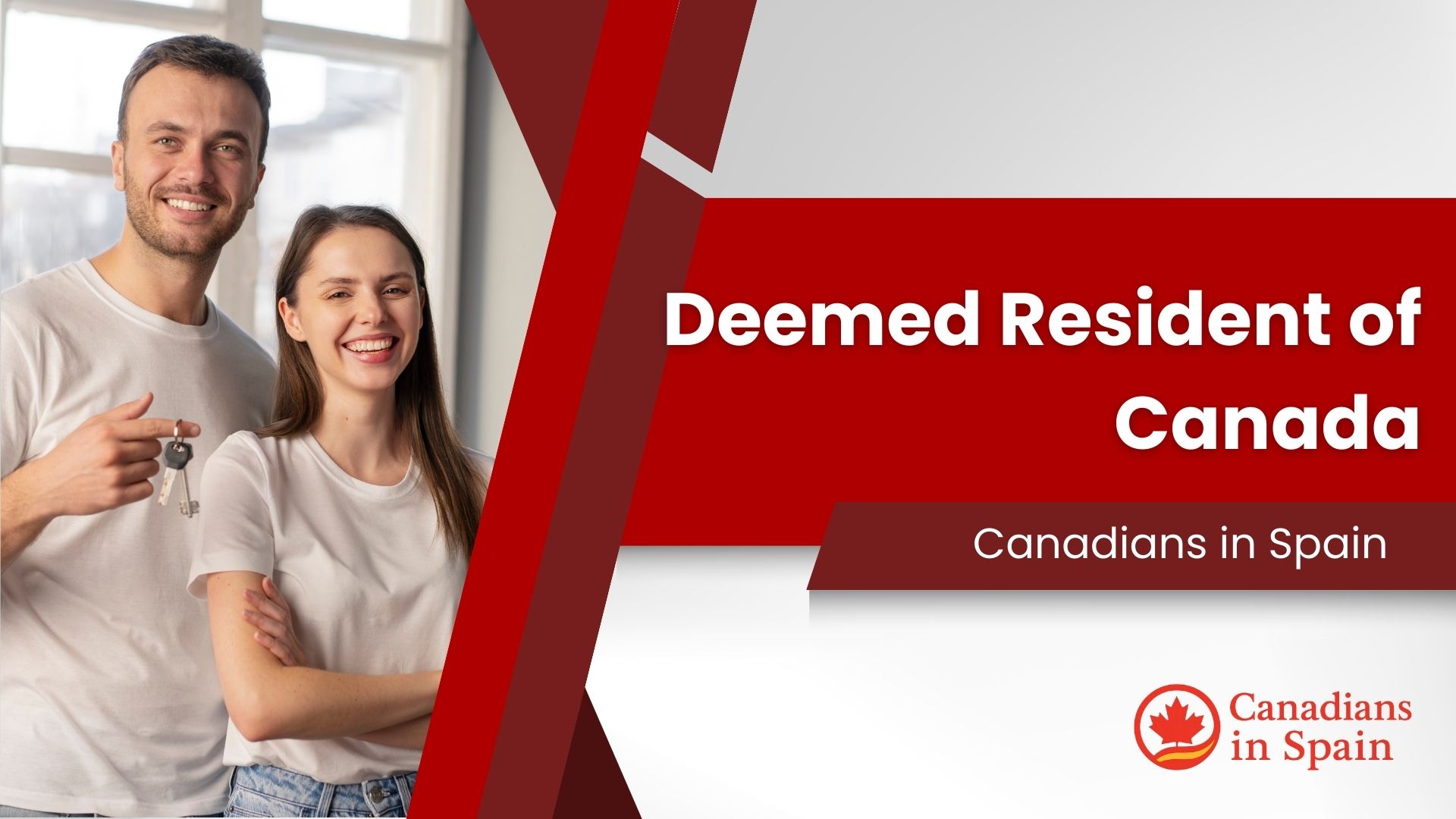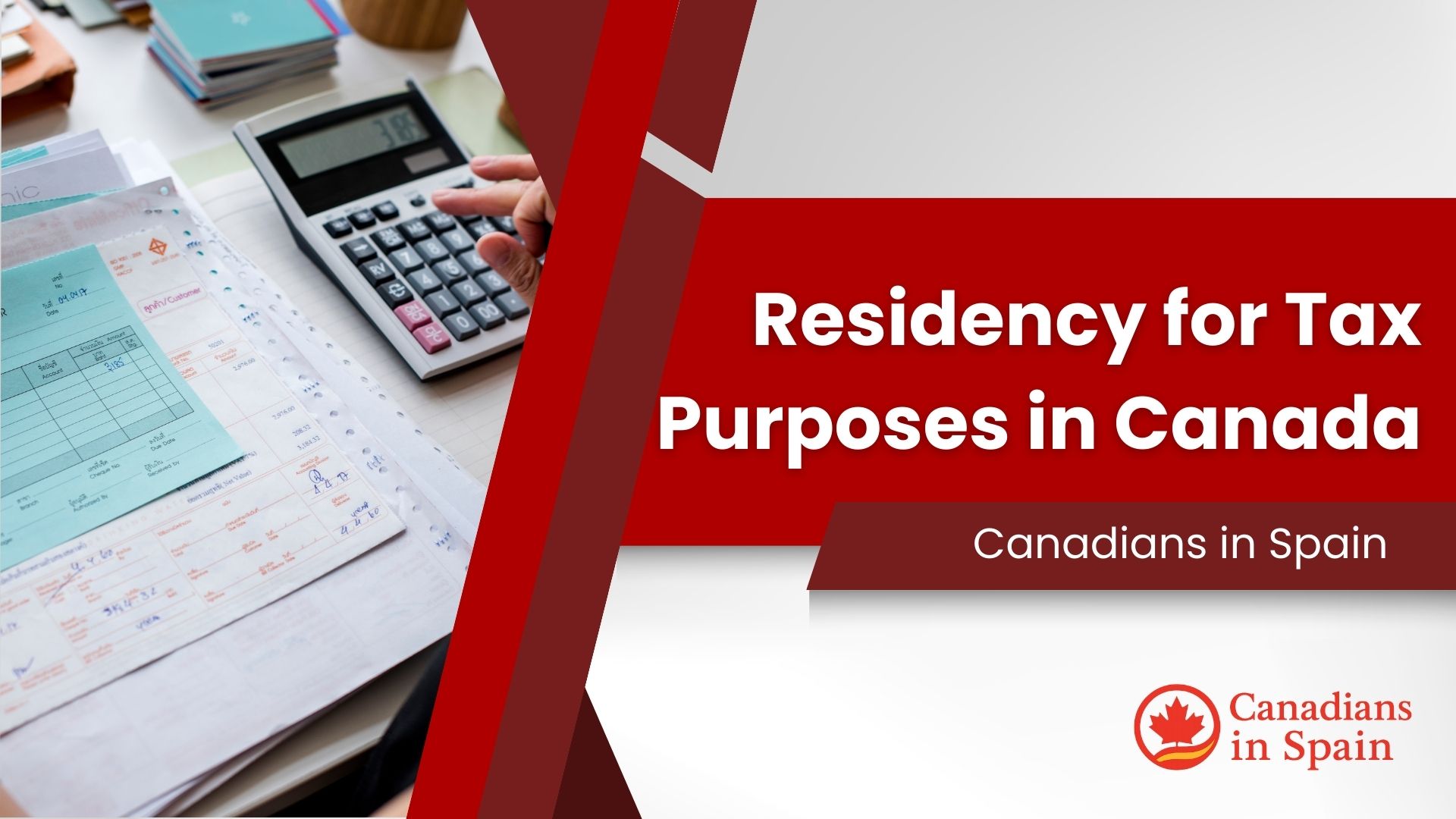The Digital Nomad Visa Spain: Your Ultimate Guide for Canadians
Dreaming of swapping your home office for a sunny Spanish terrace? The digital nomad visa Spain has turned this dream into a tangible reality for thousands of remote workers, and Canadians are perfectly positioned to take advantage of it. Launched in 2023, this visa is specifically designed for remote employees, freelancers, and self-employed individuals who wish to live in Spain while working for companies or clients located outside the country.
This comprehensive guide breaks down everything a Canadian applicant needs to know. We will cover the crucial requirements, the step-by-step application process, and the significant tax advantages that make this visa one of the most attractive in Europe.
What is the Digital Nomad Visa Spain?
The official name for this permit is the “visa for international teleworking.” It grants non-EU citizens the right to reside in Spain for an initial period of one year while working remotely. A key feature is that it can be renewed for periods of up to five years, at which point you may be eligible to apply for long-term residency. This visa is not just a temporary pass; it’s a pathway to establishing a life in Spain.
Key Requirements for Canadian Applicants
Meticulous preparation is essential for a successful application. The Spanish government wants to see clear proof of a stable, remote professional activity. Here are the core requirements you must meet.
1. Proof of Remote Work Relationship
You must demonstrate a professional relationship with your non-Spanish company or clients for at least three months prior to your application.
- For Employees: You will need a letter from your Canadian (or other non-Spanish) employer explicitly permitting you to work remotely from Spain. This letter should state your salary, role, and the terms of your remote work.
- For Freelancers/Self-Employed: You must show contracts with one or more clients outside of Spain. You’ll also need to provide evidence of your business activity and history.
2. Professional Qualifications
You must prove you are qualified for your role. This can be demonstrated in one of two ways:
- University Degree: A relevant university degree or postgraduate qualification.
- Professional Experience: A minimum of three years of professional experience in your field.
3. The Income Requirement (The Most Important Part)
This is the most critical hurdle for the digital nomad visa Spain. You must prove you have a stable and sufficient income. The minimum requirement is 200% of Spain’s Minimum Interprofessional Salary (SMI). The SMI can change annually, so you must always check the current figure.
For example, if the SMI is €1,134/month, the minimum income for a single applicant would be €2,268 per month. This amount increases for family members:
- For the second family member (spouse/partner): Add 75% of the SMI.
- For each additional member (e.g., child): Add 25% of the SMI.
You will need to provide bank statements for the last 3-6 months, contracts, pay stubs, or invoices to prove this income.
4. Other Essential Documents
- Clean Criminal Record: You must provide a Police Criminal Record Check from the RCMP. Since Canada joined the Hague Apostille Convention in 2024, this document must be legalized with an Apostille. It then needs to be officially translated into Spanish by a sworn translator.
- Private Health Insurance: You need a comprehensive private health insurance policy from a company authorized to operate in Spain. It must have no co-payments (sin copagos) and cover you for the entire duration of your stay.
- Completed Application Form & Fee: You must fill out the correct application form and pay the corresponding visa fee.
The Application Process: Two Pathways for Canadians
One of the unique advantages of the digital nomad visa Spain is that you can apply in one of two ways.
Pathway 1: Applying from the Spanish Consulate in Canada
This is the traditional route. You gather all your documents, get them apostilled and translated, and submit your application at the Spanish consulate with jurisdiction over your province.
- Pros: You arrive in Spain with your visa already in your passport, providing peace of mind.
- Cons: The process can be slower, and you must wait in Canada for the decision.
Pathway 2: Applying from Within Spain as a Tourist
Canadians can enter Spain as tourists for up to 90 days. During this time, you can gather your documents and submit your application directly to the UGE-CE (Unidad de Grandes Empresas y Colectivos Estratégicos) in Spain.
- Pros: The processing time is often much faster (typically 20-30 days). You can be in Spain while you wait.
- Cons: It requires careful planning to get everything done within the 90-day tourist window. You must have all your documents from Canada (like the apostilled criminal record check) with you.
Once your application is approved, you must apply for your TIE (residency card) within 30 days.
Tax Benefits: The “Beckham’s Law” Advantage
A major draw of the digital nomad visa Spain is the option to apply for a special tax regime, commonly known as “Beckham’s Law.” If you qualify, you are taxed as a non-resident for your first six years in Spain. This means:
- You pay a flat tax rate of 24% on your Spanish-sourced income up to €600,000. This is often significantly lower than the progressive rates for residents, which can reach up to 47%.
- Your foreign-sourced income (such as capital gains from investments in Canada) is generally not taxed in Spain.
This can result in substantial tax savings and is a key reason why this visa is so popular among high-earning remote professionals.
Frequently Asked Questions (FAQ)
Can I work for a Spanish company with this visa?
You can, but your income from Spanish clients or a Spanish company cannot exceed 20% of your total professional income. The primary focus must remain on your foreign clients/employer.
What if my income as a freelancer fluctuates month to month?
The Spanish authorities will look at your average income over the last 3-6 months to ensure it consistently meets the threshold. It’s important to show a stable and reliable income stream.
Can I bring my common-law partner with me?
Yes, Spain recognizes common-law partnerships (pareja de hecho). You will need to provide proof of your relationship, such as a joint registration in Canada or other evidence of a long-term partnership.
How long is the visa valid for?
The initial residency authorization is for one year if you apply from Canada, or three years if you apply from within Spain. It can then be renewed for up to five years.




